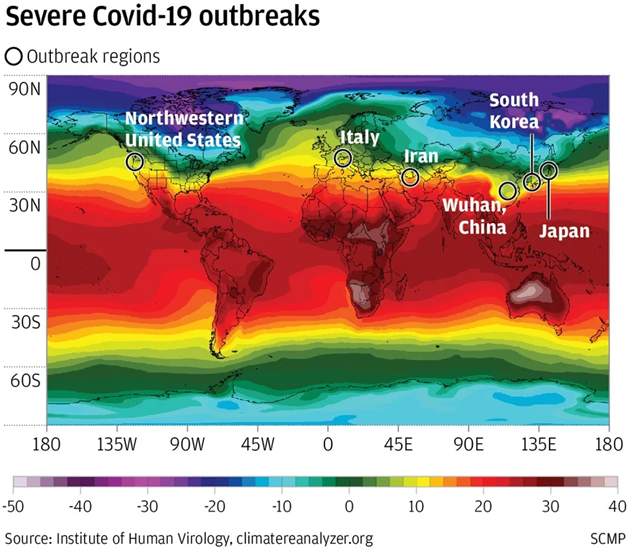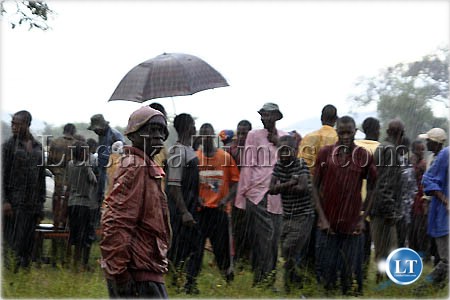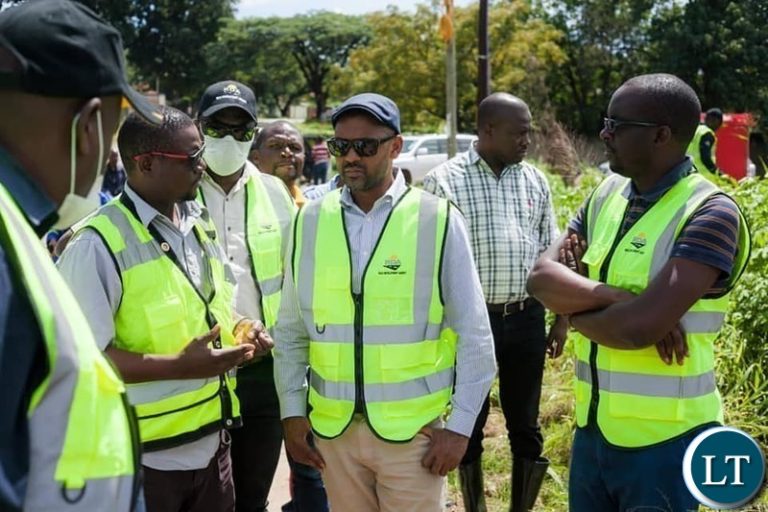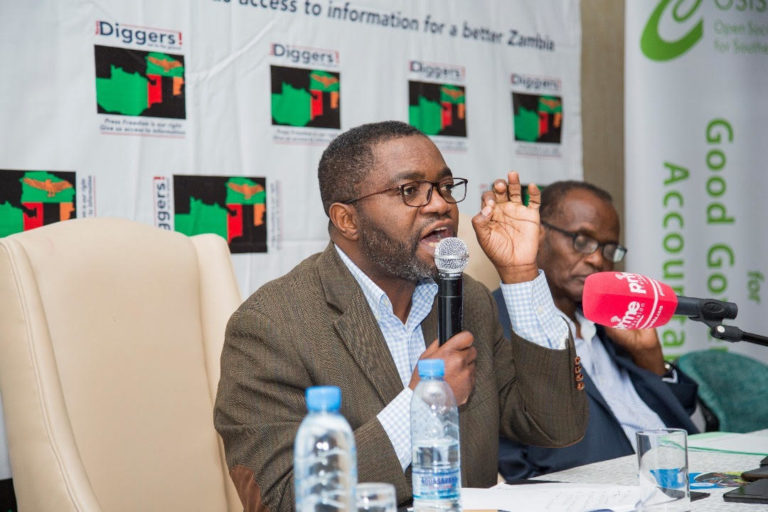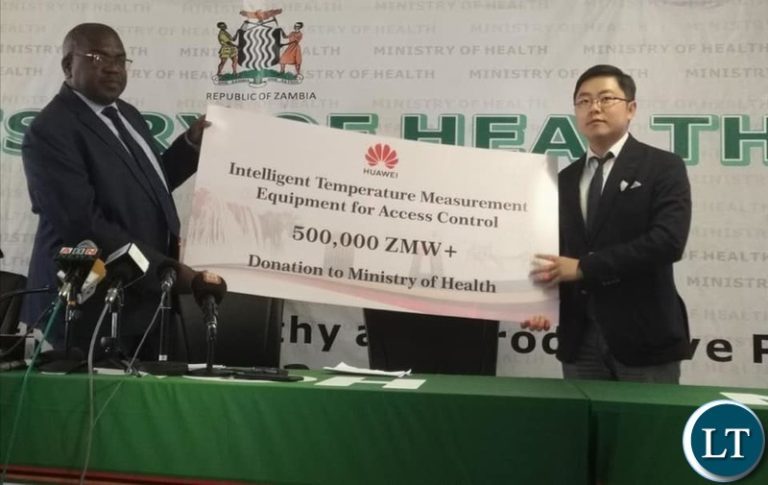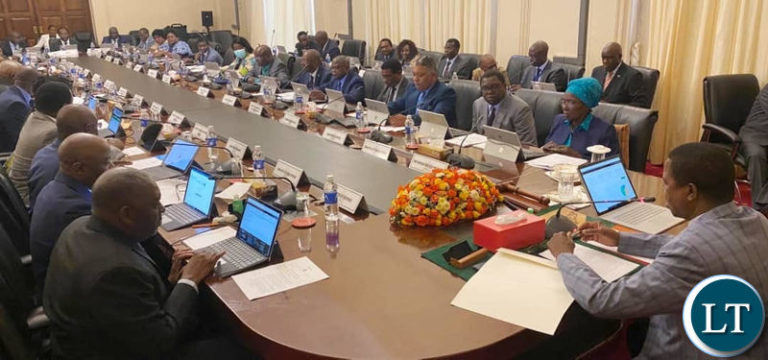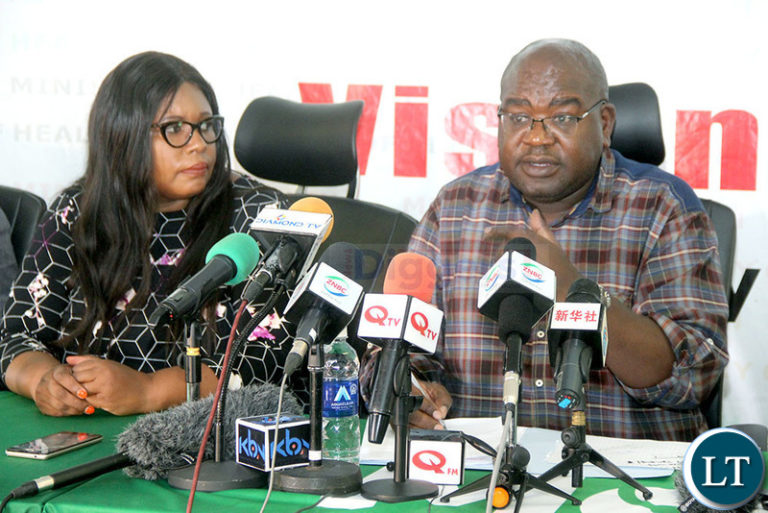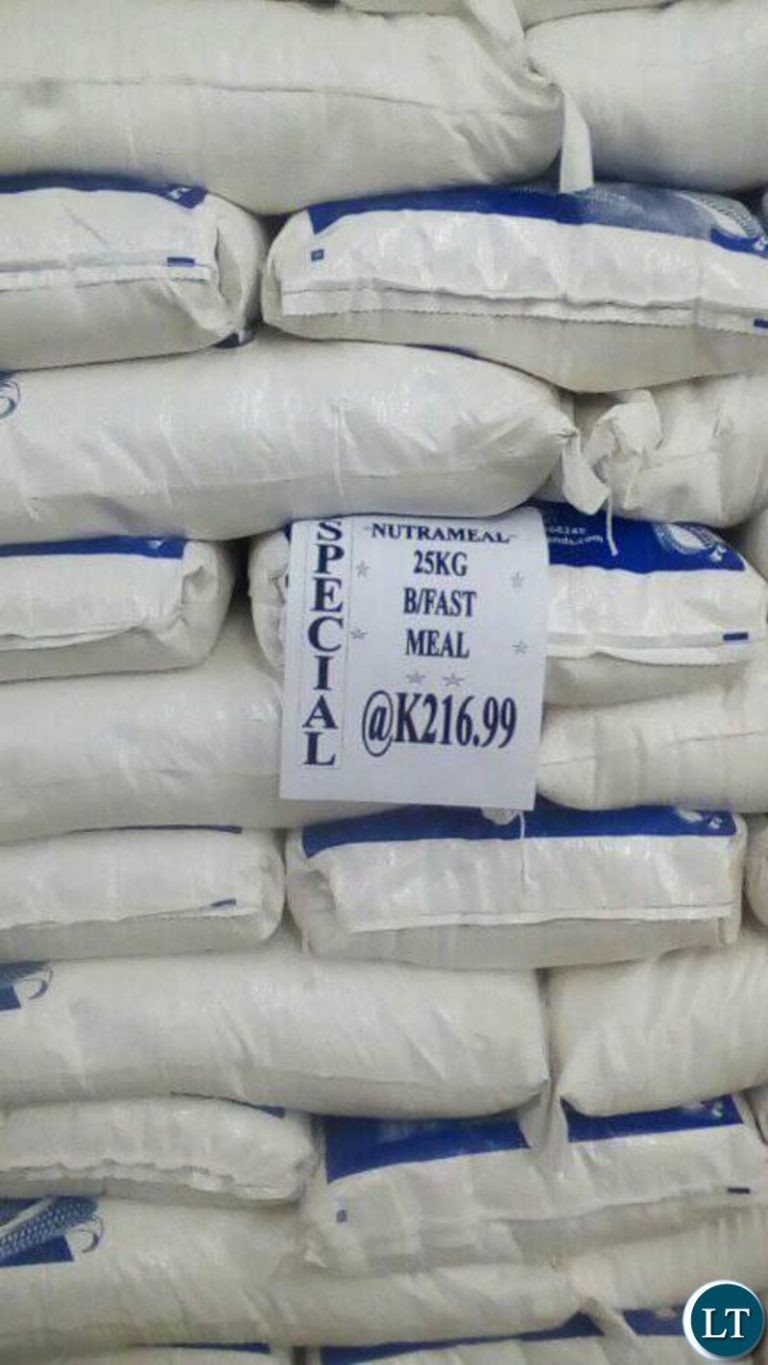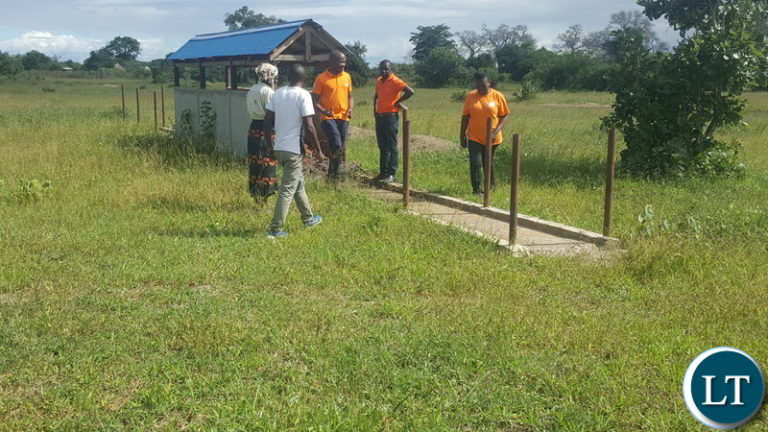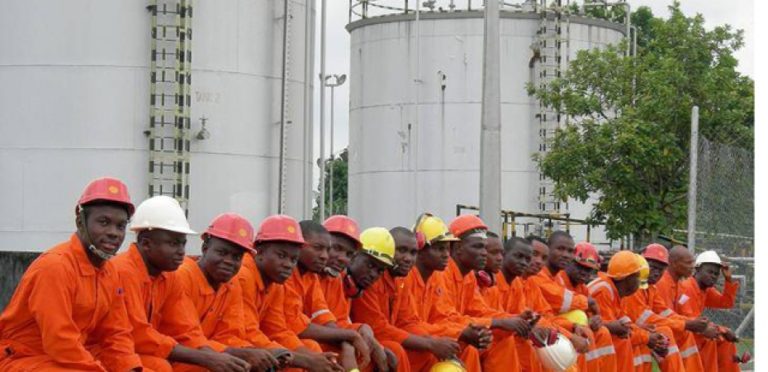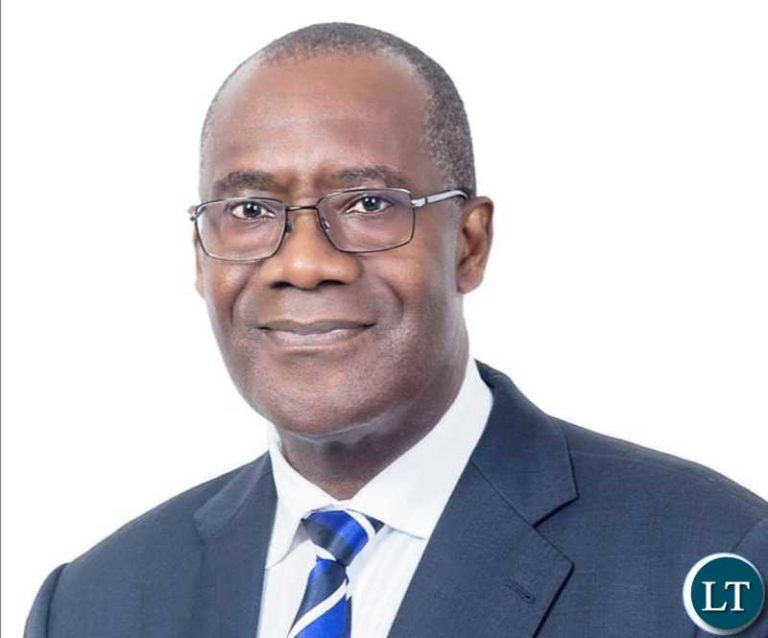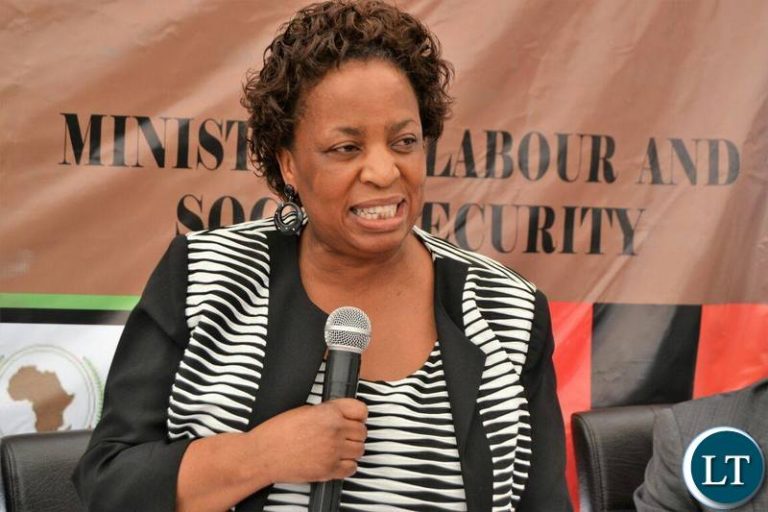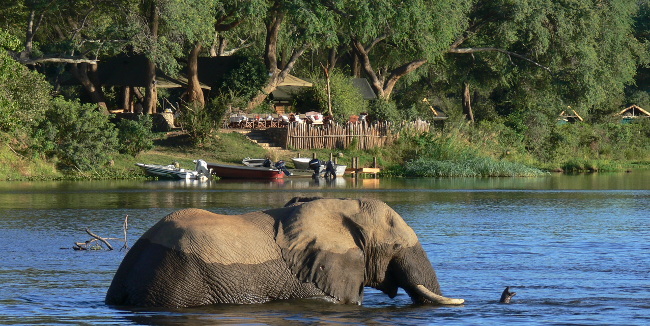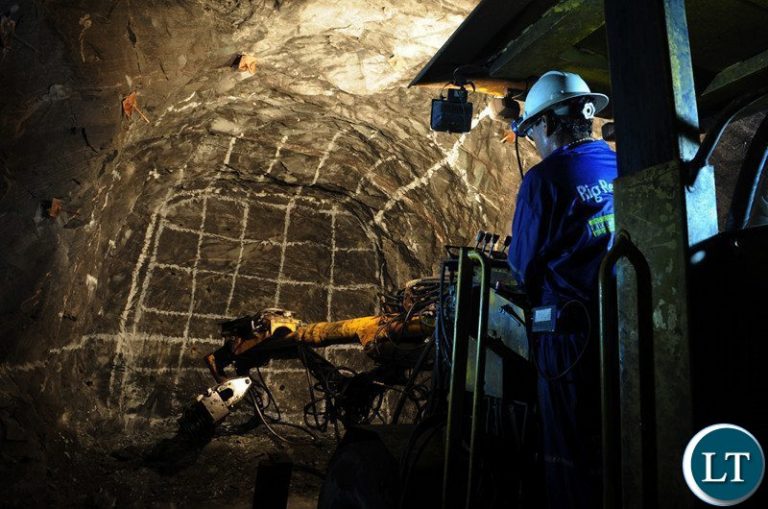By Charlie B. Chilufya, S.J
Faced with rising debt, a depreciating currency and a quickly eroding international reserve, Zambia is limited in ways to keep mining businesses, sole forex earner, operational. In the wake of the COVID-19 crisis, BMO Capital has modelled the impact of a severe downturn for copper producing. It projects that a 20 per cent contraction in demand of commodities like copper would see earnings before interest, tax, depreciation and amortisation for the big miners drop between 50 and 70 per cent and will be accompanied by a debt rise. The Zambian government will then have to think of granting concessions to the mining sector in these difficult times, instead of becoming protectionist and turning inward. This may seem an imprudent choice, since the Zambian and other African governments with similar situations have been criticized by some for over-liberalizing their economies. However, Zambia needs to carefully balance the choices it makes with the developmental objectives of the country. Any arrangements developed with foreign interests should incorporate potential changes in the prices of minerals and prevailing circumstances. Zambia must make sure that it is protecting working people, low-income people, and the most vulnerable communities, not just giant corporations and businesses.
As the COVID-19 spreads globally, it is impacting communities, ecosystems, and supply chains far beyond China, including Zambia, thousands and thousands of miles away. Of particular importance to Zambia is the mining industry. It is an integral part of the Zambian economy, employing over 50,000 workers (9 per cent of the labour force), contributing about 71 per cent of total export earnings and between 6.2 percent and 11.8 percent in GDP growth.
Before we spell out the bad news, there is some good news. This is not the first economic shock that Zambia and its mining industry are facing. With a few exceptions, most of Zambia’s major mining companies are diversified and are in much better financial shape than they were, heading into the global financial crisis in 2008 or the commodity market downturn of 2015 — when several big names were fighting for their lives. Over the past five years, the industry has been incredibly disciplined, paying down debt, shunning blockbuster deals and scrapping unsustainable ‘progressive’ dividend policies. On top of that, the collapse in oil prices and the Zambian Kwacha and other currencies of big commodity producers against the US dollar is providing a useful tailwind, helping to drive down break-even costs.
But as expected, here too, is the bad news. A global recession and massive demand shock have already set in as some of the world’s biggest economies go into lockdown to try and contain the spread of the coronavirus pandemic. While China is poised to a comeback by April 1st, there is a massive contraction of consumption in most large economies outside China; stockpiles of raw materials are building up, putting pressure on commodity prices, which have held up relatively well in the recent rout. Copper was among the first to give in last week as its price went under $5,000 per ton, the lowest since 2016.
The bad news is also woven into share prices. The FTSE 350 mining index has dropped almost 40 per cent since the start of the year. A major Zambia mining giant, First Quantum Minerals (FQM) has halved in value this year – though not in distress – and another Zambian mining giant Glencore is down more than 40 per cent along with Anglo American corporation off 21 per cent. BMO Capital has modelled the impact of a more severe downturn. It projects that a 20 per cent contraction in demand of commodities like copper would see earnings before interest, tax, depreciation and amortisation for the big miners drop between 50 and 70 per cent and accompanied by a debt rise.
But BMO has also reassured that because of their robust balance sheets, most companies would be able to weather the storm without having to tap shareholders for cash or fire sale assets. However, BMO still observes that dividend payments might have to be scaled back or in some cases, such as Anglo American and Glencore, cut completely. At the same time, there is a lot of hope. We would not be surprised if share prices across the sector rise higher in a year given the impact of stimulus programmes from governments’ review of tax regimes and with the credit support of multilateral financial institutions like the IMF and World Bank and in general the international community.
What is the Likely Business Response to the immediate challenges in Zambia?
With more than a 60 per cent fall
in copper prices in the second half of 2008, mining production suffered cutbacks and
In the light of the foregoing, mining production will suffer cutbacks and scaling back or suspension of expansion projects. Unless something happens or is done, mining companies may opt for strategies to help them stay in business such as, revisit their variable costs (which may mean job layoffs), revisit capital investment plans (suspend new projects), focus on inventory management, extend payables and manage and expedite receivables.
Furthermore, in minimising their variable costs, mining companies are likely going to ask the Zambian government to consider revising the tax regime, cut down electricity tariffs and other charges. We will not be surprised if mining companies complain about high production costs and reduced revenue and further ask the government to reduce fuel prices, electricity tariffs and mining taxes. They may further propose a number of fiscal concessions as was the case in the 2009, which will likely include 100 per cent capital allowance on machinery and equipment and the treatment of hedging income as part of mining income. These may be in addition to requests for exemption from customs and excise duties and any other duty or import levied under the Customs and Excise Act, in respect of all machinery and equipment required for investing or prospecting in mining.
Caught Between the Devil and the Deep Blue Sea
The Zambian government has a duty to protect its almost sole earner of its needed dollars and very likely may agree to most of the strategies that the mining companies will suggest. But it should do so prudently and with good discernment. The Zambian government has the duty to take care of its citizens and therefore need to ensure that it does not just protect business but also people, especially the vulnerable. If there is no alternative revenue coming in, the choice to save the mining industry by granting the sector a series of concessions will undermine Zambia’s efforts in poverty reduction. The government has to ensure it maintains some capacity to purchase essential drugs, medical supplies, educational materials, and improve health and educational facilities. At the same time, we are cognisant of the fact that if Zambia doesn’t take care to protect business, it may kill the “goose that lays the golden egg.”
What Should the Zambian Government do?
It could be argued that Zambia does not have much of a choice. Faced with rising debt, a depreciating currency and a quickly eroding international reserve, the Sub-Saharan African country is limited in ways to keep the pertinent businesses operational.
Firstly, Zambia should boost investor confidence and get businesses back in operation. Despite the turbulence in financial markets, policymakers need to remain level-headed. They should employ their full arsenal of policy tools, including monetary, fiscal, trade and investment policies, to improve confidence and enhance the fallen investor appetite. The Zambian government will then have to think of granting concessions to the mining sector in these difficult times, instead of becoming protectionist and turning inward. This may seem an imprudent choice, since the Zambian and other African governments with similar situations have been criticized by some for over-liberalizing their economies.
International Help
Even if Zambia developed the most intelligent policies by itself, tackling these challenges outlined in the foregoing discussion will require international cooperation. Beyond cooperation, international assistance will be necessary, in particular for Zambia and other countries in sub-Saharan Africa, which lack the health-related infrastructure necessary to contain the epidemic. Zambia should call for financial assistance in form of aid from its cooperating partners to be used in covering up for potential revenues losses coming from concessions and tax holidays that will be given to businesses in an effort to bring them back to life. In the short term, Zambia should ensure that a substancial amount of the financial assistance is allocated to social spending, the provision of social safety nets and poverty reduction expenditures. Among possible sources of assistance, Zambia may World Bank offer of an initial fast-track package of $12 billion meant to support the efforts of developing countries to strengthen health systems and minimize the harm to people and the economy.
Need for Better Communication and Greater Transparency
The decisions that the Zambian government will have to take will be difficult ones and at the same time will have to be taken quickly. However, there will be need for a lot of transparency, coordination and consultation among the line government agencies and the private sector. The public must be informed and there must be sufficient parliamentary and even civil society oversight. In order to beat the transparency problems associated with the development agreements during the initial privatisation of the mines and those associated with renegotiation of and withdrawal of windfall tax in 2009, we highlight the benefits of a culture of transparency and information sharing between revenue agencies (generally in the Finance Ministry) and agencies with knowledge of mining processes and equipment (generally in the Mines Ministry).
Paying attention to the importance of other factors in the mining sector
Other than the tax related issues, there are other important factors to the survival of the mining sector that Zambia needs to get right. In its 2019 report on Zambia, the Economist Intelligence Unit (EIU) bemoaned government’s interference with critical sectors like mining over unabated tax differences, in turn, negatively affecting foreign investment and hurting output. That kept exports well below potential levels and ultimately affected Zambia’s reserves position. In addition, Zambia needs to quickly resolve other factors important for the functioning of business. Poor infrastructure and intermittent electricity supply which lead to increased production costs are a threat to sound and robust mining business. Pertinent infrastructure services like electricity and should be in place.
Conclusion: Most Importantly, all this should be about people
When the crisis is over, the government may want to take a second look at the fiscal regime and consider a return back to the normal tax regime. Zambia needs to carefully balance the choices it makes with the developmental objectives of the country. Contracts signed or any arrangements developed with foreign interests should incorporate potential changes in the prices of minerals and prevailing circumstances. Zambia must make sure that it is protecting working people, low-income people, and the most vulnerable communities, not just giant corporations and businesses.
Charlie Chilufya, S.J. is the Director of the Justice and Ecology Office of the Jesuit Conference of Africa and Madagascar (JCAM)
